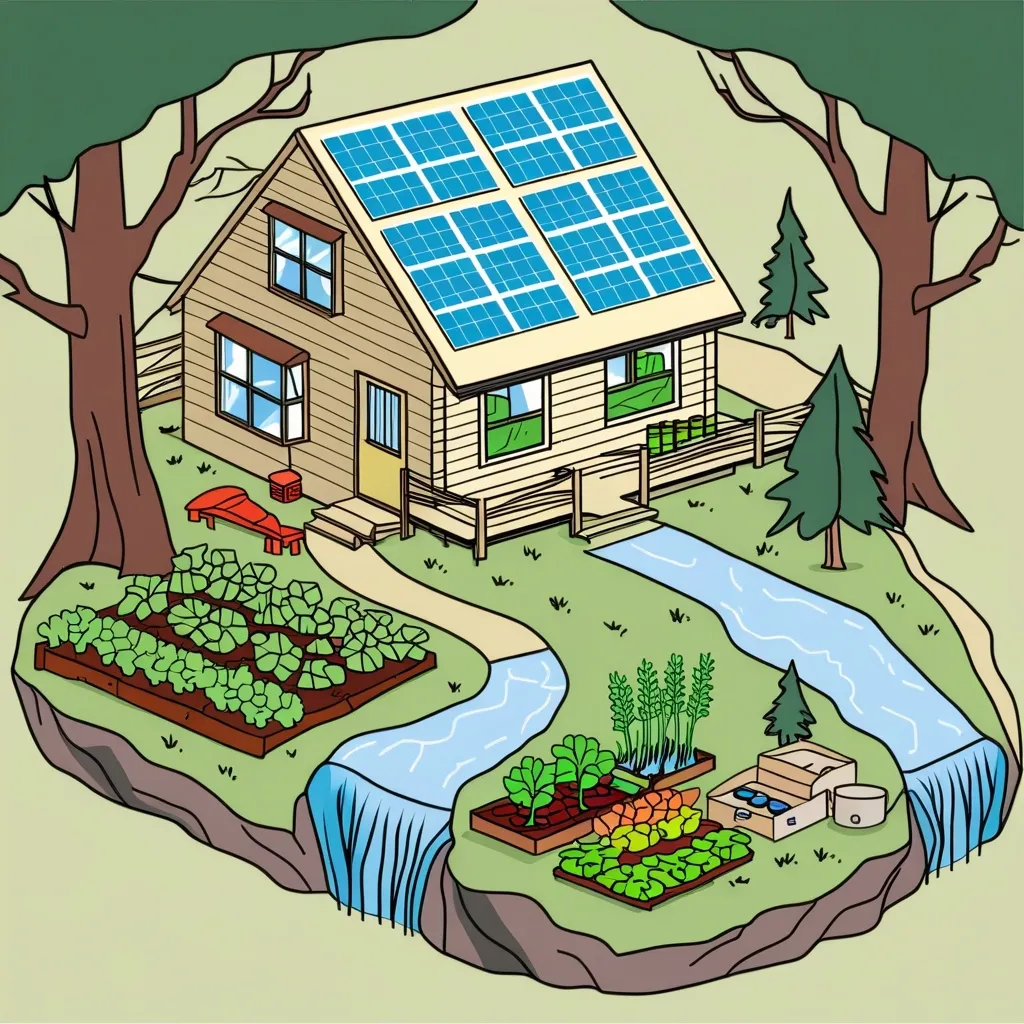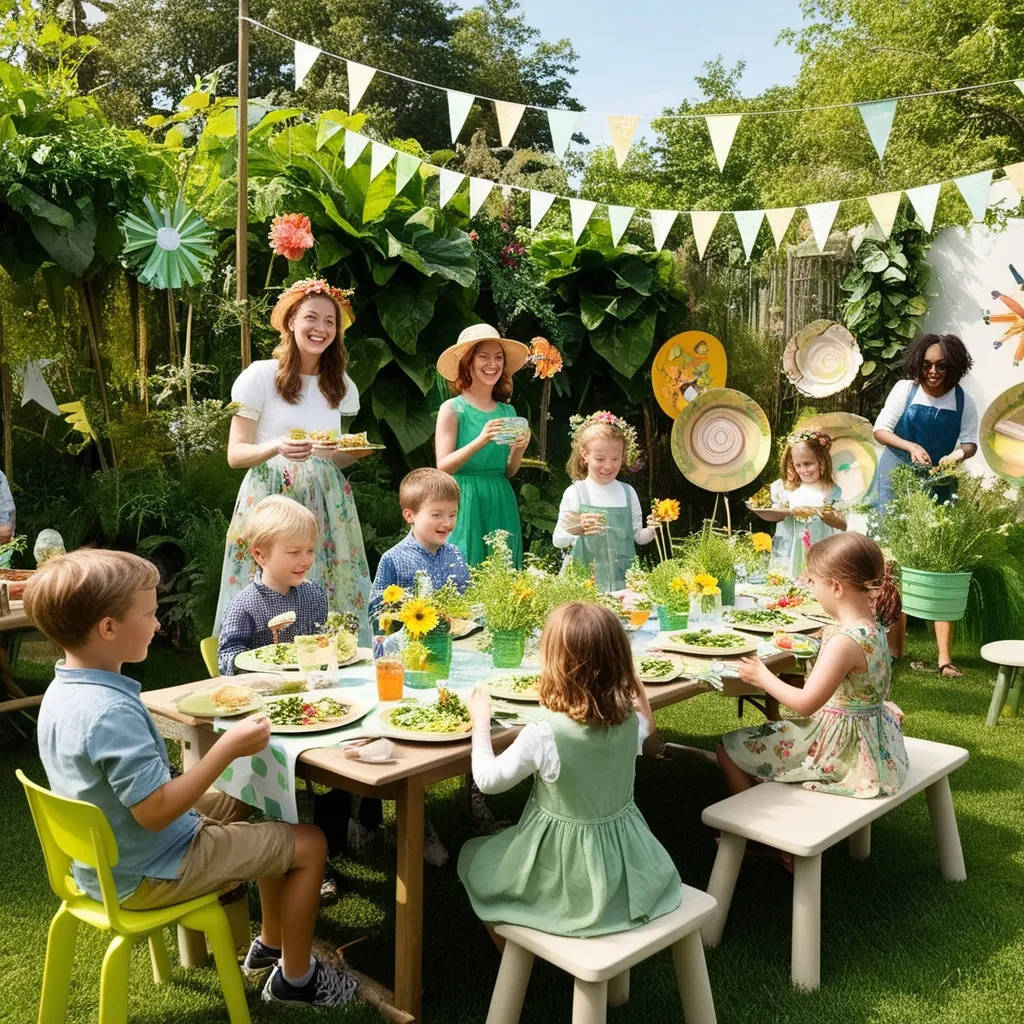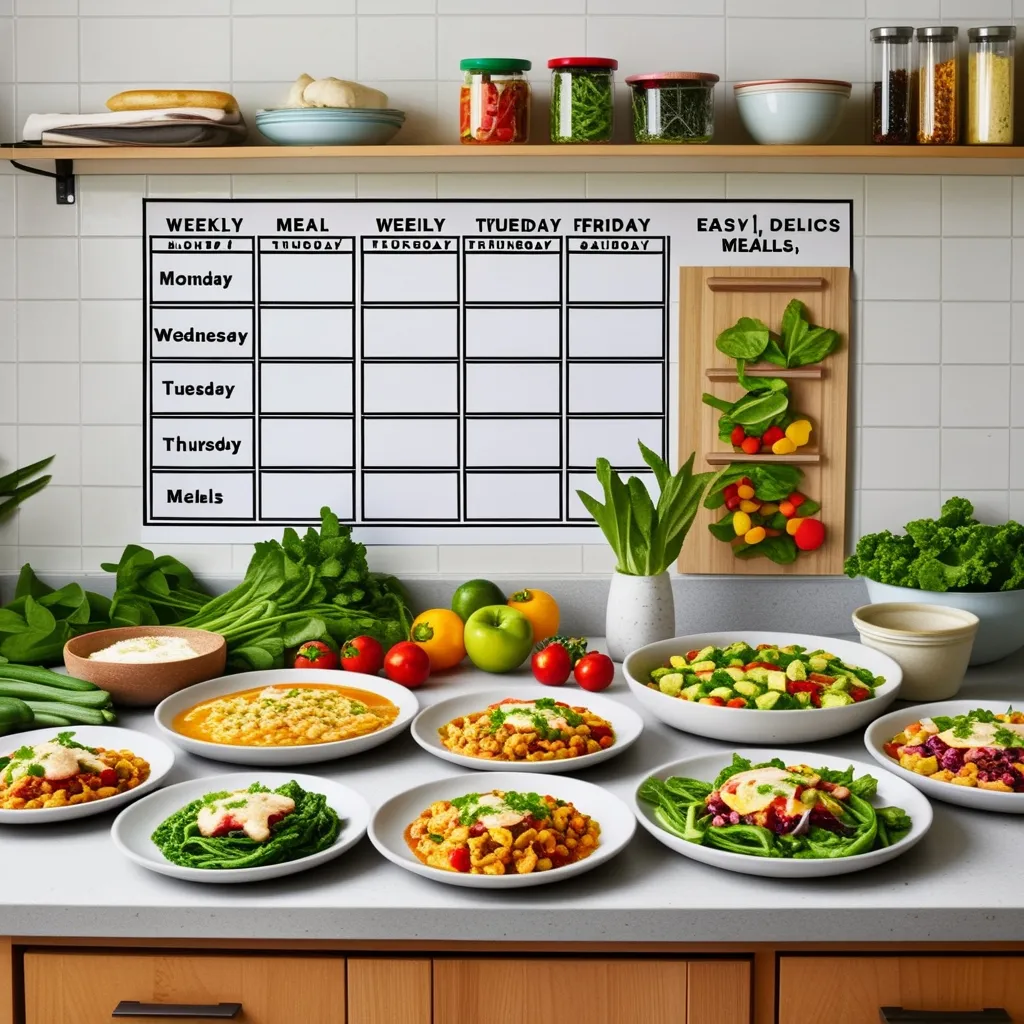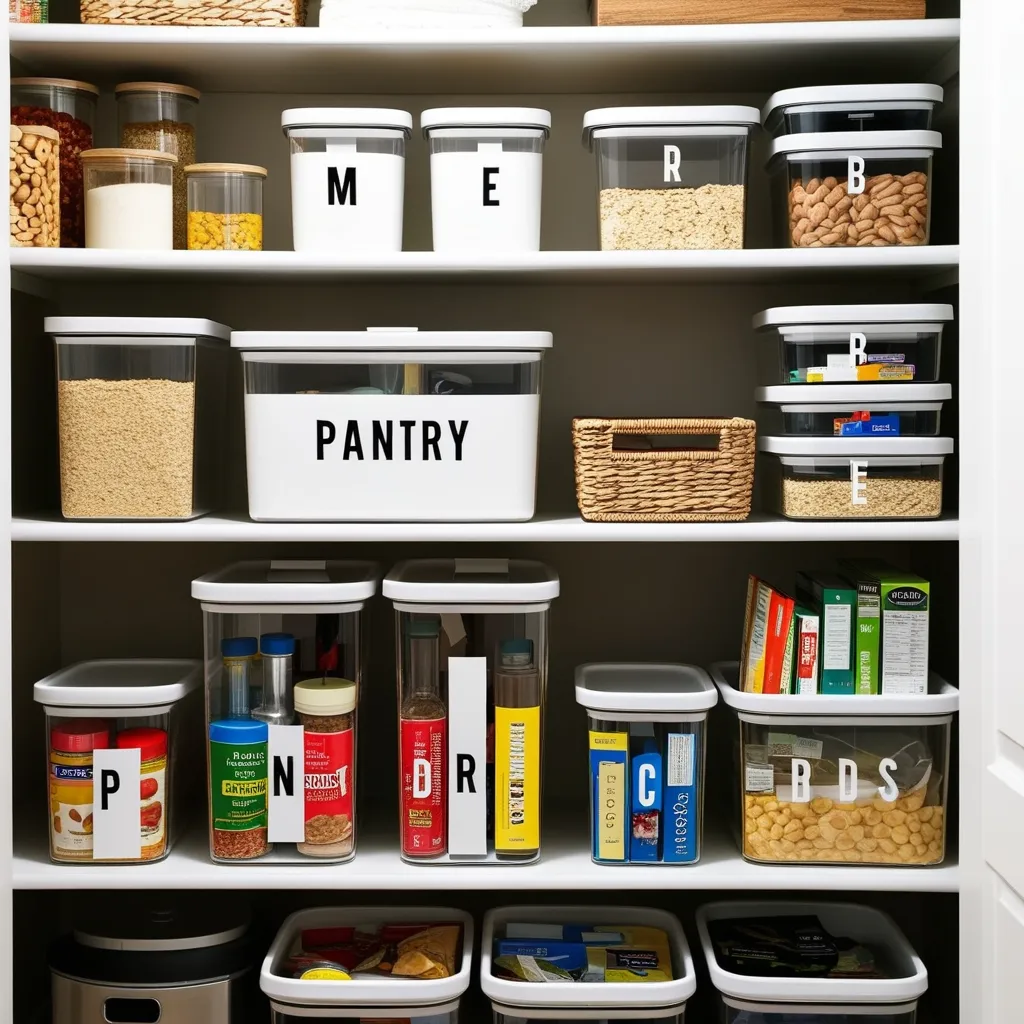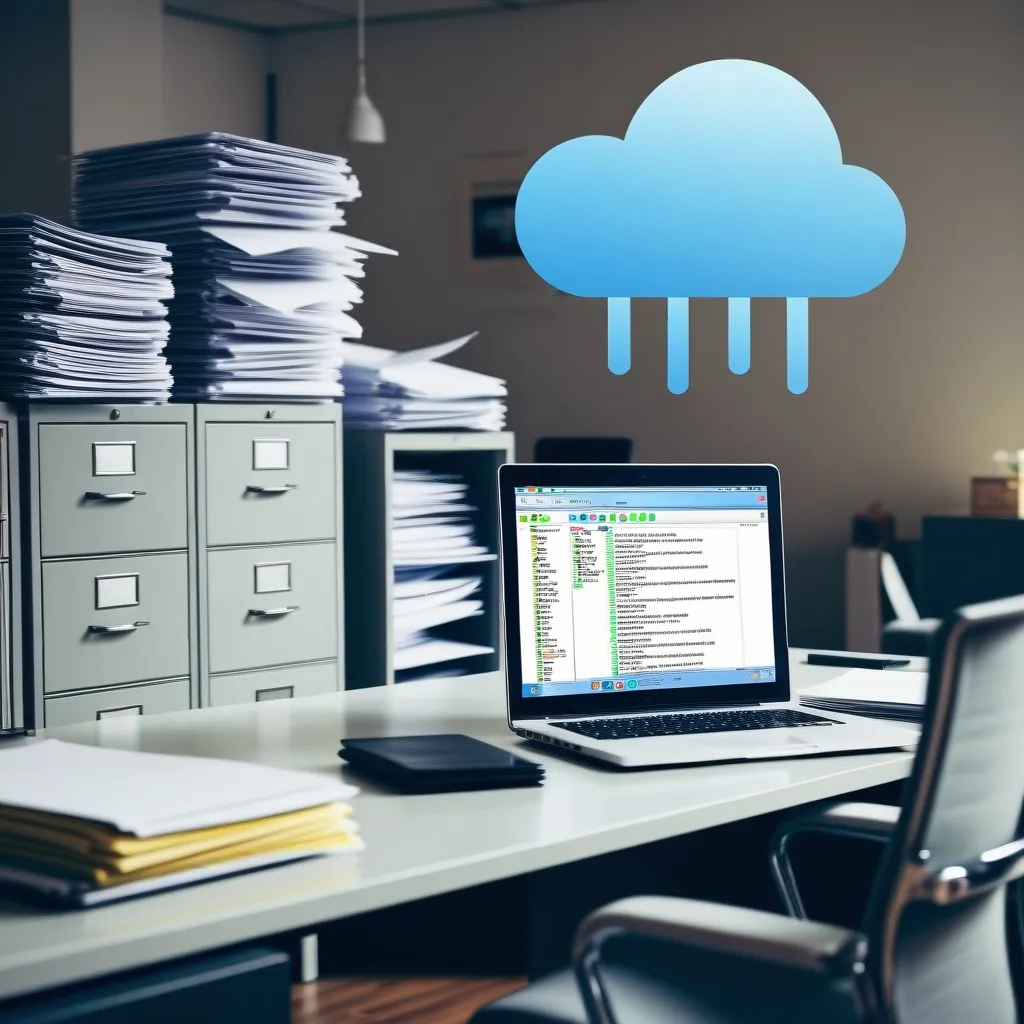Living off the grid is like stepping into an entirely new universe. It’s all about self-sufficiency, sustainability, and soaking up everything nature has to offer. Picture this: a life where you’re not tethered to city utilities, where the sun powers your home, and where your backyard is basically a mini-farm. But let’s be real, it’s not an adventure suited for everyone. It takes a lot of planning, elbow grease, and a knack for rolling with the punches. Let’s dive into how you can take on this off-grid lifestyle and truly make it your own.
Finding the perfect piece of land is the first major step. It’s a bit like house hunting, but on steroids. You need a spot that’s not only aesthetically pleasing but also practical. Think legal zoning for off-grid living, a decent distance from city madness, and yeah, it has to be affordable. Keep your eyes on property taxes, mortgages, and insurance—a little too adulting, but it’s gotta be done. You need fertile soil, a natural water source like a well or a spring, and terrain that’s build-friendly.
Next, the heart of your new life: your home. It’s not just about throwing up some walls and a roof. This is about crafting a sustainable sanctuary. Reclaimed materials are your best buddies here, maybe even try out some natural building techniques. Passive solar design can be a game-changer, especially if your budget’s tight. Angle those windows right, and you could capture the sun’s warmth in the winter and keep things chill in the summer. Diving into work exchange programs or volunteering can give you hands-on experience and cut costs too.
Then comes the game of power. Renewable energy is your golden ticket here. Solar panels, wind turbines, and hydroelectric systems are your main players. A couple of solar panels and some lithium batteries can get you started just fine. Down the line, you can expand as you get the hang of things and your power needs grow.
Water is life, literally, more so when you’re on your own out there. If you don’t have a natural water source, you can rig up a rainwater harvesting system or haul water from a nearby place. And hey, no cutting corners here—clean that water up with proper filtration systems or by boiling it before it goes anywhere near your lips. A DIY rainwater collection setup can store water in a big tank that gravity-feeds into your home, keeping you hydrated and your plants happy.
Food—yep, we all need it. Growing your own is a huge part of going off-grid. Start with a garden full of fruits, veggies, and herbs. If you’re feeling adventurous, raise some animals for meat, dairy, and eggs. Get into permaculture to create a garden that’s not just productive but also self-sustaining. And don’t forget foraging and preserving food through canning, freezing, or dehydrating—these methods can help you enjoy the fruits (literally) of your labor all year round.
Waste management is another huge deal. Composting is fantastic; turn your food waste into garden gold. Eco-friendly toilets, like urine-diverting types, are a must to conserve water and manage waste responsibly. Recycling is great, but thinking creatively about repurposing stuff can be even better.
Keeping warm in winter and cool in summer will also test your off-grid skills. Wood stoves are awesome for heating and cooking. In summer, open those windows and let in the night air to cool things down. Design tweaks like sunrooms or incorporating passive solar elements can regulate temperature naturally.
Community is key. Just because you’re off-grid doesn’t mean you have to be on your own. Find or build an off-grid community. There’s power in shared knowledge, skills, and even tools. It’s not just about surviving; it’s about thriving together. House-sit for other off-gridders to learn the ropes and form invaluable connections.
You’ll still need some moolah, even off the grid. Think creatively about how to generate income. Sell those homemade jams, crafts, or offer up your services and skills. Remote work is also a great option if you can swing internet access.
Adopting this lifestyle takes patience and resilience. Things will break, mishaps will happen, but each challenge is a lesson. Embrace the simplicity—the warmth of a wood-fired stove, the fresh taste of your garden’s bounty, and the profound peace that comes from living in sync with nature.
If you’re just starting out, don’t dive in blindly. Dip your toes in—rent an off-grid place, join work exchanges, learn the nuts and bolts of gardening, carpentry, and resource management. Mistakes will happen, and that’s okay. They’re all part of the journey to mastering self-sufficiency.
Living off the grid is an adventure that goes beyond just surviving. It fundamentally transforms your relationship with the world around you. You become more attuned to nature, grow closer to your community, and create a life that’s sustainable long-term. With the right mindset, groundwork, and a bit of grit, you can make this lifestyle enriching and rewarding. So, start planning, get your hands dirty, and take that first step into a life less ordinary.
